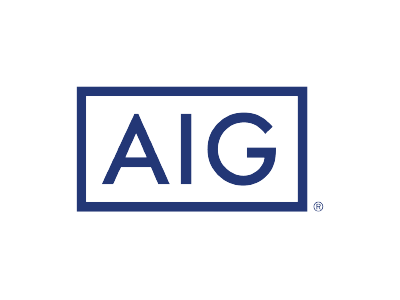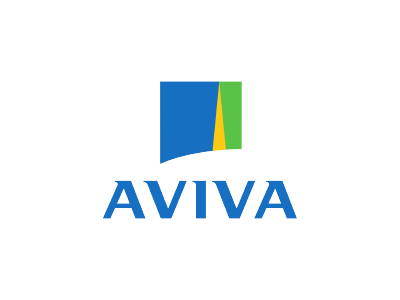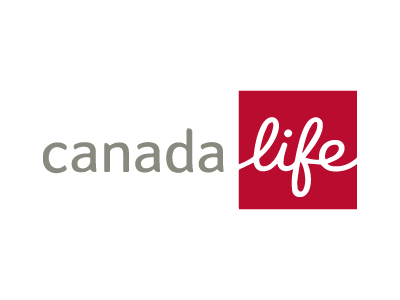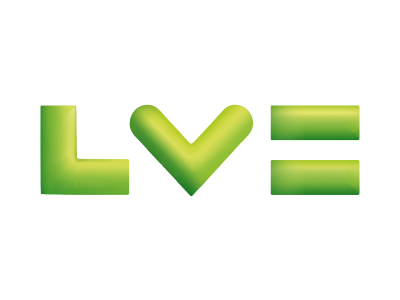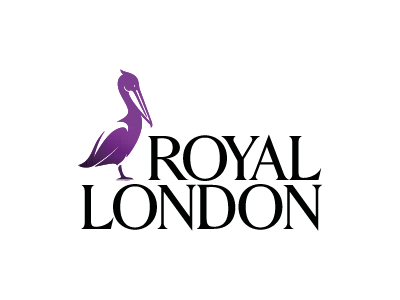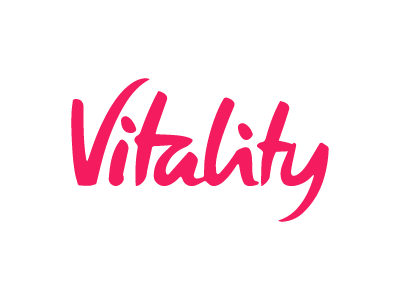Income protection is a way to keep the money coming in when you can’t work. Whether you’re sick, injured or laid off, income protection will provide a monthly income so you can live your life with financial security.
If you could only choose one insurance policy, most people would say they want life insurance. But there’s another type of protection that can be just as important–income protection. Income protection is a way to keep the money coming in when you can’t work. Whether you’re sick, injured or laid off, income protection will provide a monthly income so you can live your life with financial security.
This is an important policy to have because, let’s face it, nobody knows when something bad is going to happen. You could get sick and be out of work for months, or you could lose your job in a layoff. And if you don’t have income protection, you could find yourself in a very difficult financial situation.


